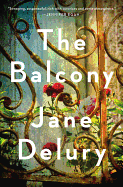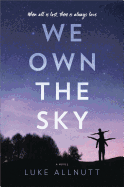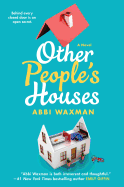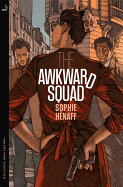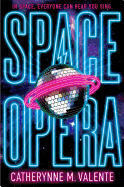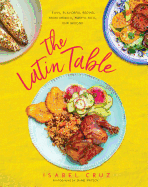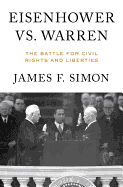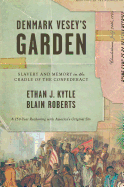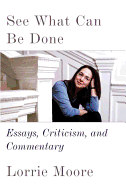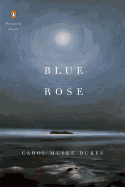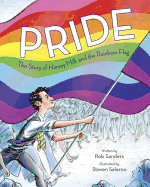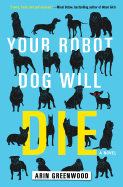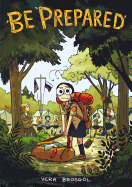Independent Bookstore Day & the 'Last Three Feet'
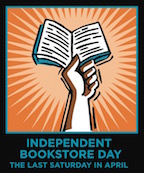 Tomorrow is Independent Bookstore Day, a "national party that takes place at indie bookstores across the country on the last Saturday in April. Every store is unique and independent, and every party is different. But in addition to authors, live music, cupcakes, scavenger hunts, kids events, art tables, readings, barbecues, contests, and other fun stuff, there are exclusive books and literary items that you can only get on that day. Not before. Not after. Not online."
Tomorrow is Independent Bookstore Day, a "national party that takes place at indie bookstores across the country on the last Saturday in April. Every store is unique and independent, and every party is different. But in addition to authors, live music, cupcakes, scavenger hunts, kids events, art tables, readings, barbecues, contests, and other fun stuff, there are exclusive books and literary items that you can only get on that day. Not before. Not after. Not online."
That's a fine description. I would like to add that IBD is also a celebration of the "last three feet," a phrase I learned a long time ago--when I was still a bookseller, as it happens--from a business consultant. He was describing that critical moment in time when a product finally crosses the unfathomable gap, especially in retail, between the industry that created it and an individual consumer.
If that sounds a little cold, the last three feet for book people is a much more cordial distance, bridged when an indie bookseller reaches out to offer a book to a reader. It's an almost ceremonial moment and remains blessedly "unplugged," defying algorithms, especially when the title in question falls under the category of "You've got to read this!"
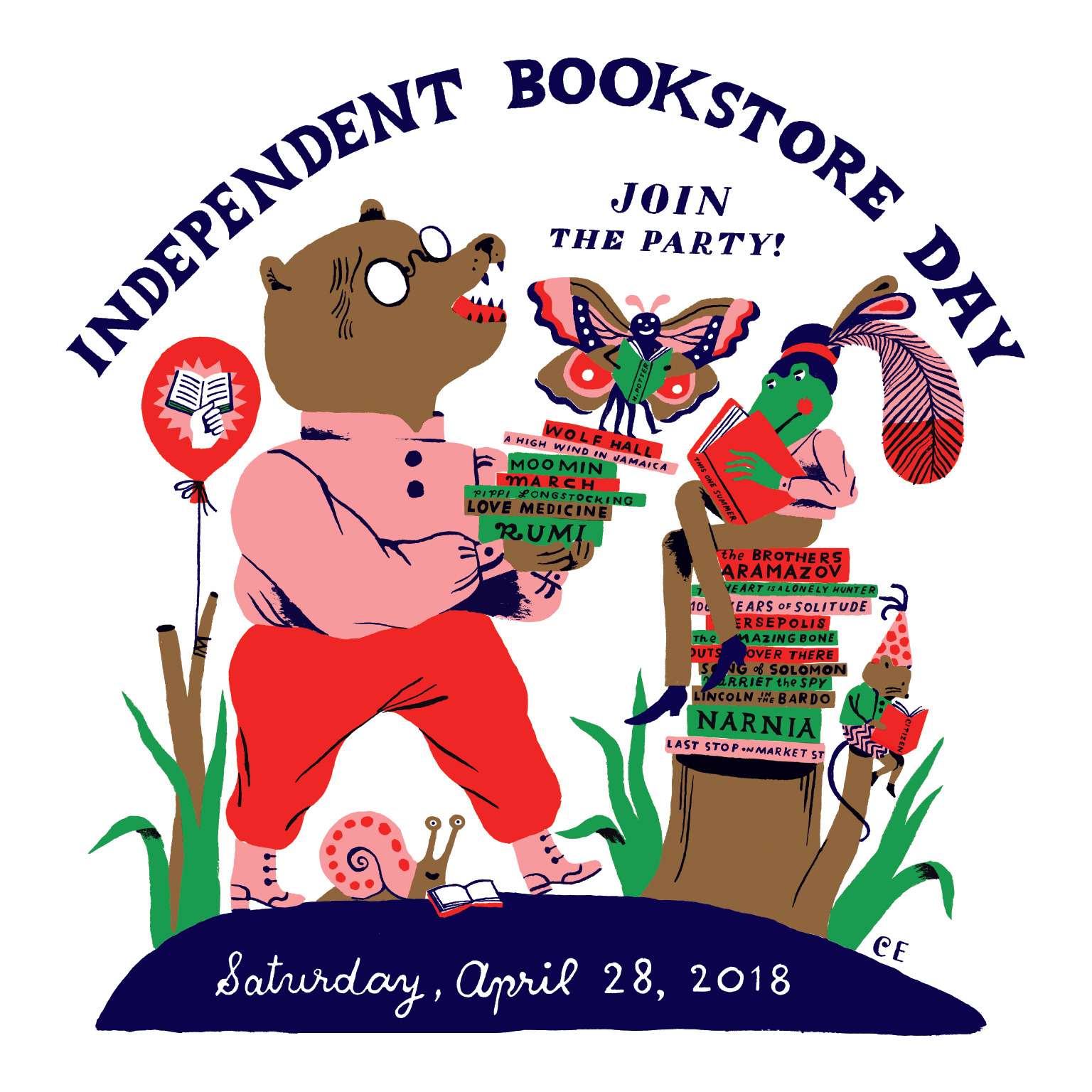 You may already know that "handselling" is a term booksellers use to describe recommending favorite reads, new and old, to their customers. Handselling is, at its best, a private conversation between one bookseller and one reader at a time within that magical last three feet. Sometimes for the bookseller these discussions, a kind of bookish dance, are about selling, but just as often they're about listening.
You may already know that "handselling" is a term booksellers use to describe recommending favorite reads, new and old, to their customers. Handselling is, at its best, a private conversation between one bookseller and one reader at a time within that magical last three feet. Sometimes for the bookseller these discussions, a kind of bookish dance, are about selling, but just as often they're about listening.
The reading life is good on both sides of the last three feet, and Independent Bookstore Day is an opportunity to recognize the magic that happens daily in all those amazing conversations. Go chat with a bookseller tomorrow. You'll both be glad you did. --Robert Gray, contributing editor



_Aaron_Lemen.jpg)
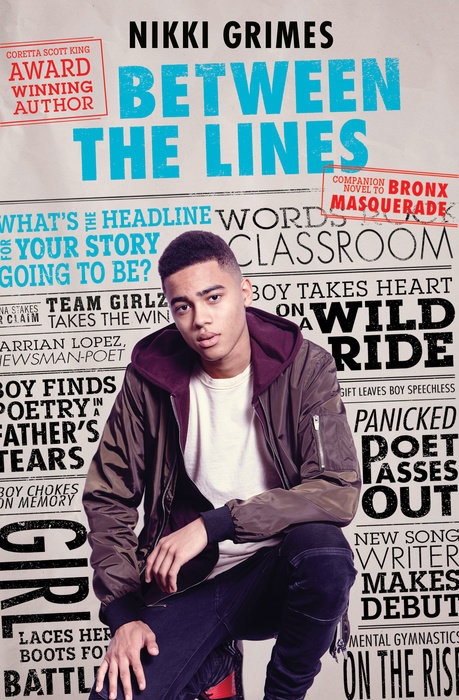 Book you're an evangelist for:
Book you're an evangelist for: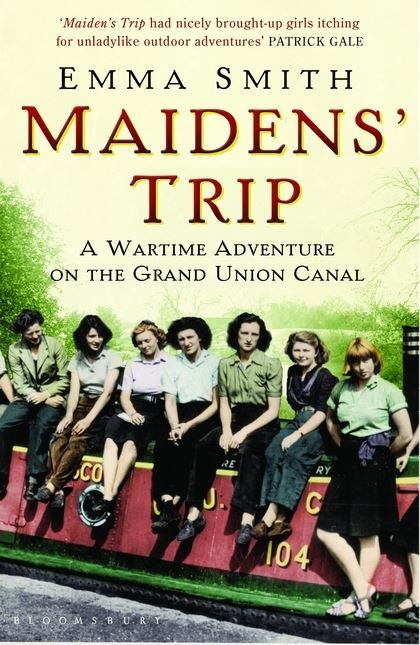 British author Emma Smith, whose 1940s literary fame dwindled to obscurity until she was rediscovered decades later, died earlier this week at age 94. Born and raised in Cornwall, England, she joined the War Office at age 16 and volunteered as a boatwoman on the Grand Union Canal during World War II. Smith turned that experience into her debut novel, Maidens' Trip (1948), which won the 1949 John Llewellyn Rhys Prize. She worked on Maiden's Trip during a far more ambitious voyage: nine months spent in India as part of a documentary film team, acting as runner/secretary for then screenwriter and future poet Laurie Lee (Smith later encouraged him to write his bestselling coming-of-age tale, Cider with Rosie). Smith's India adventures became her second novel, The Far Cry, published to critical acclaim in 1949. She married, had two children, but became an early widow, and her writing career was superseded by family life.
British author Emma Smith, whose 1940s literary fame dwindled to obscurity until she was rediscovered decades later, died earlier this week at age 94. Born and raised in Cornwall, England, she joined the War Office at age 16 and volunteered as a boatwoman on the Grand Union Canal during World War II. Smith turned that experience into her debut novel, Maidens' Trip (1948), which won the 1949 John Llewellyn Rhys Prize. She worked on Maiden's Trip during a far more ambitious voyage: nine months spent in India as part of a documentary film team, acting as runner/secretary for then screenwriter and future poet Laurie Lee (Smith later encouraged him to write his bestselling coming-of-age tale, Cider with Rosie). Smith's India adventures became her second novel, The Far Cry, published to critical acclaim in 1949. She married, had two children, but became an early widow, and her writing career was superseded by family life.